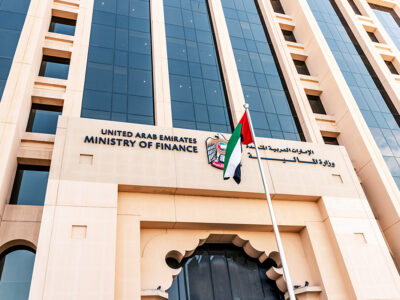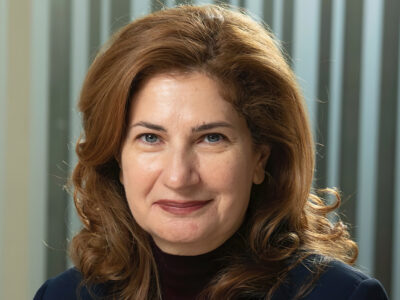Travellers entering or leaving the UAE can now carry up to
AED100,000 in undeclared cash under a new ruling that came into effect today.
The regulation, announced in June, marked the first time the
UAE had placed a limit on the amount of money that could be brought into the
country, in a bid to curb money laundering.
But the decision also more than doubled the amount of money or
bearer instruments that arriving passengers could bring into the UAE, from the
previous limit of AED40,000.
Sultan Bin Nasser Al Suwaidi, governor of the central bank,
said in June the regulation was a reflection of the UAE’s “open economy”.
“As a major trading and financial centre, the UAE… has put
in place a strong legal, regulatory and institutional framework to counter
money laundering and combat terrorist financing.”
The limit applies either to dirhams or the equivalent value
in another currency.
Dubai, a Gulf trade and finance hub, has been fighting a
reputation as a haven for money laundering since the September 11 attacks of
2001 drew attention to the relative ease of moving money through the city.
The emirate was also named as the likely destination for the
missing billions of ousted Arab leaders Hosni Mubarak, the former president of
Egypt, and ex-Tunisian President Zine Al Abidine Ben Ali.
Most nations place restrictions on the amount of undeclared
money that can be brought in and out of the country. According to International
Monetary Fund data from 1996, quoted on the website of global anti-money
laundering agency FATF, between $590bn and $1.5 trillion is laundered worldwide
each year.
In a report last year, FATF highlighted the business-friendly
policies of free zones as a risk for money-laundering activities.
“The characteristics that makes free trade zones beneficial
for legitimate businesses, also makes them highly attractive for illicit actors
who take advantage of a more relaxed oversight to launder the proceeds of crime
and finance terrorism,” the report said.






